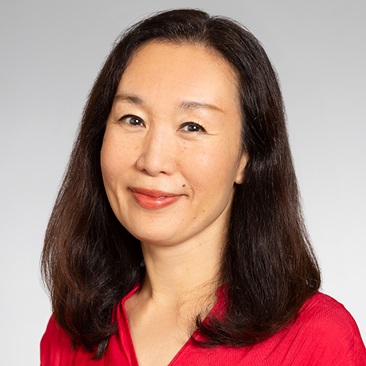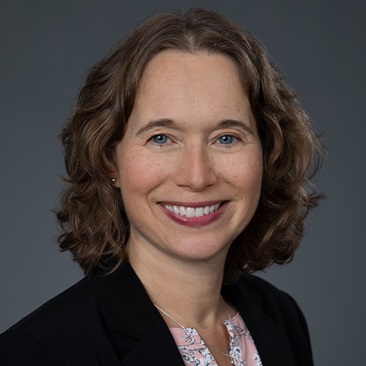Center for Policy Research
Report
Health Promotion for Older Adults: What Is the Potential?
Linda P. Fried
December 1999
Abstract
As a greater number of people reach old age, medicine is challenged to develop new approaches to this population. Health promotion, not just treatment of disease but improving the quality of life for older persons, must play a role. What happens to individuals in terms of health status as they get older, and what are the implications for health care needs? Where should we focus to get the biggest benefits in terms of health promotion?
Overall, we have learned a tremendous amount over the last 25 years about the components of health as people get older, and what modifies their health. We know, for example, that the health status of older adults is a composite of the chronic diseases that they may have, of how many chronic diseases are present, and of underlying physiological changes of aging, such as a decline in muscle strength, that appear to be an intrinsic part of the aging process. Disability can result from chronic disease. In addition, people are more susceptible to acute illnesses and injuries as they get older.
This report is sponsered by The Herbert Lourie Memorial Lecture series, which is jointly sponsored by the Maxwell School of Citizenship and Public Affairs and the Central New York Community Foundation, Inc. and is administered by the Center for Policy Research and The Lerner Center for Public Health Promotion and Population Health.
The Center for Policy Research at the Maxwell School of Syracuse University supports policy-relevant research and disseminates knowledge that enables leaders to make informed policy decisions and provide effective solutions to critical challenges in our local region, state, country and across the world.
Related News
Research

Nov 3, 2025
Research

Sep 30, 2025
Research

Sep 4, 2025
